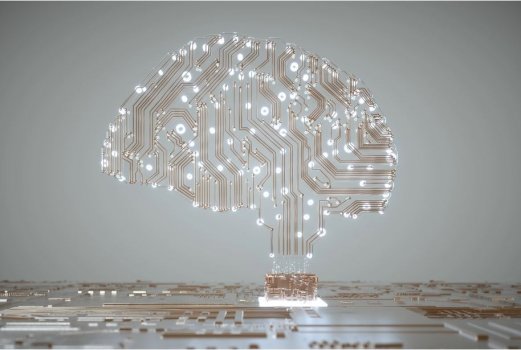More and more, companies are relying on artificial intelligence to carry out various functions of their business—some that only computers can do and others that are still best handled by humans. And while it might make sense that a computer can carry these jobs out without any sort of bias or agenda, leaders in the A.I. space are increasingly warning of that exact scenario.
The concern is so prevalent that new responsible A.I. measures have been floated by federal government, requiring companies to vet for these biases and to run systems past humans to avoid them.
The four pillars of responsible A.I.
Ray Eitel-Porter, managing director and global lead for responsible A.I. at Accenture, outlined during a virtual event hosted by Fortune on Thursday that the tech consulting firm operates around four “pillars” for implementing A.I.: principles and governance, policies and controls, technology and platforms, and culture and training.
“The four pillars basically came from our engagement with a number of clients in this area and really recognizing where people are in their journey,” he said. “Most of the time now, that’s really about how you take your principles and put them into practice.”
Many companies these days have an A.I. framework. Policies and controls are the next layer, which is all about how you put those principles in place. The technology and platforms are the tools in which you implement those principles, and the culture and training portion ensures everyone at every level of the company understands their role, can execute it, and buys in.
“It’s definitely not just something for a data science team or a technology team,” said Eitel-Porter. “It’s very much something that is relevant to everybody across the business so the culture and training piece is really important.”
Continue reading: https://fortune.com/2022/10/10/brainstorm-ai-artificial-intelligence/
The concern is so prevalent that new responsible A.I. measures have been floated by federal government, requiring companies to vet for these biases and to run systems past humans to avoid them.
The four pillars of responsible A.I.
Ray Eitel-Porter, managing director and global lead for responsible A.I. at Accenture, outlined during a virtual event hosted by Fortune on Thursday that the tech consulting firm operates around four “pillars” for implementing A.I.: principles and governance, policies and controls, technology and platforms, and culture and training.
“The four pillars basically came from our engagement with a number of clients in this area and really recognizing where people are in their journey,” he said. “Most of the time now, that’s really about how you take your principles and put them into practice.”
Many companies these days have an A.I. framework. Policies and controls are the next layer, which is all about how you put those principles in place. The technology and platforms are the tools in which you implement those principles, and the culture and training portion ensures everyone at every level of the company understands their role, can execute it, and buys in.
“It’s definitely not just something for a data science team or a technology team,” said Eitel-Porter. “It’s very much something that is relevant to everybody across the business so the culture and training piece is really important.”
Continue reading: https://fortune.com/2022/10/10/brainstorm-ai-artificial-intelligence/

